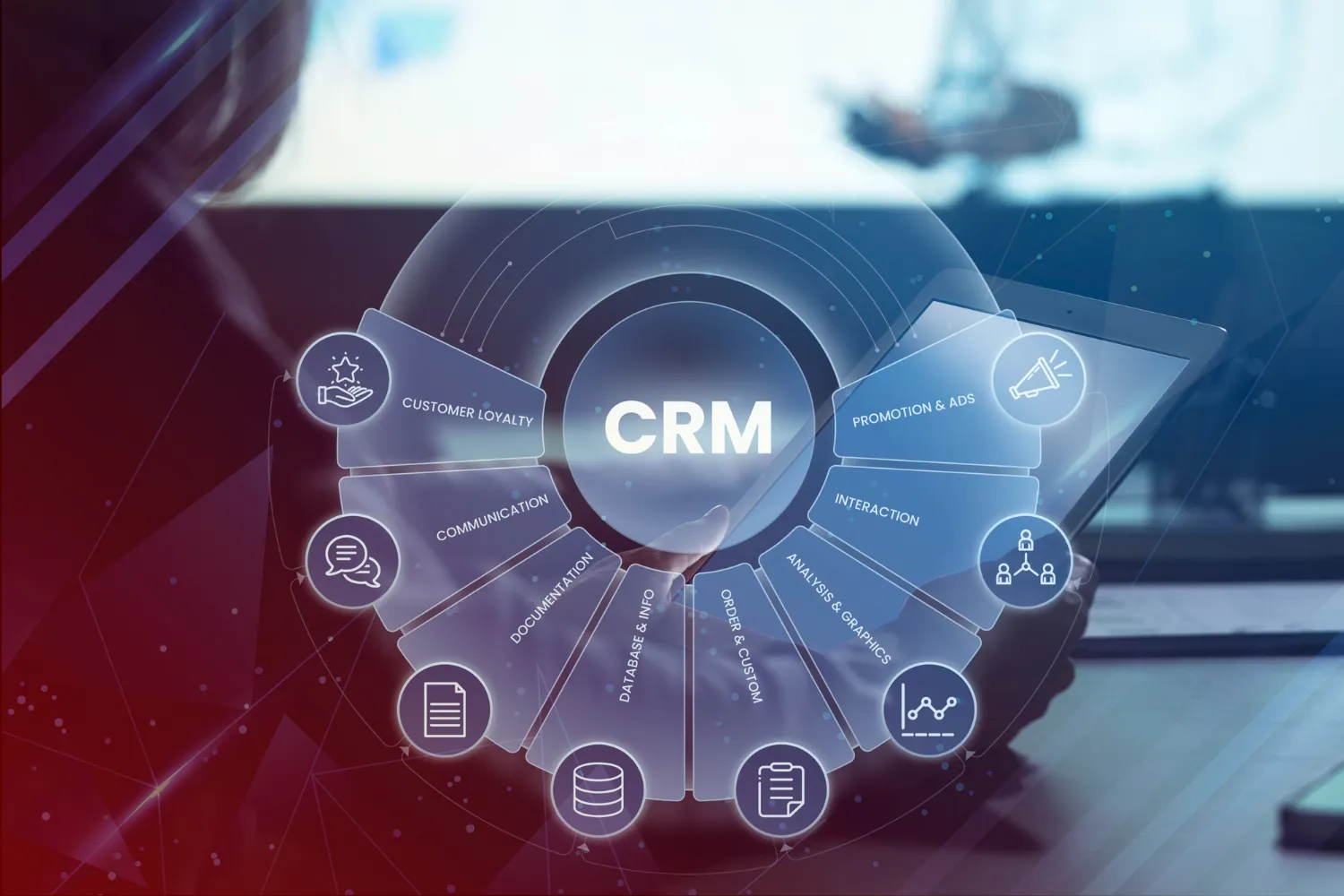How to Boost Your CRM Security

CRM systems serve as the backbone of modern business operations. From tracking customer interactions to managing data, they play a major role in daily tasks. But, if you neglect CRM security, you can become vulnerable. Sensitive information leaks and data breaches can ruin your business and damage client trust.
So, strengthening CRM security is a must. It definitely can't be some "nice-to-have" item on your checklist. The good news? It doesn't have to be difficult! In this article, we'll explore strategies you can implement to protect your CRM.
What is CRM Security?
CRM security means keeping your customers' data safe. There are different tools that help lock down the information stored in your CRM system. One key tool is encryption, which scrambles the data. Even if someone manages to break in, they won’t be able to read it without the right access.
Another degree of security is user authentication. Confirmation of a user's identity before granting access guarantees that only authorized users can access the system.
When used in tandem, these security measures reduce the likelihood of data breaches or leaks.
Why is CRM Security Important for Your Business
Inadequate CRM security spawns serious issues for companies. Beyond exposing private information, data breaches tarnish reputation and erode customer trust. IBM reports the average data breach cost has climbed to $4.88 million—a massive financial hit, not to mention lost client confidence.
For Livespace CRM, security is a top priority, which can protect your customer data with features like multi-factor authentication and encryption. So, using a CRM like Livespace can help you avoid these costly breaches and the long-term damage they bring to your business.
Guide To Boost CRM Security
Implement Strong Password Policies
A hacker's heaven is weak passwords. They don't even need fancy tools when "123456" or "password" are still floating around. To close this door, businesses need to implement strict password policies. Make it complicated by combining capital and lowercase letters, adding digits, and using symbols.
Who, though, could manage all those passwords? Enter team password managers. These tools eliminate weak and frequently used passwords by creating and storing strong ones for each account.
Don't stop there. Two-factor authentication (2FA) should be your new best friend. It adds an extra shield—maybe a text code or app check—making life hell for attackers, even if they crack your password.
Strong passwords and 2FA team up to give you real peace of mind. They're small steps with a massive impact. Think about it—you wouldn't leave your front door wide open, so why do it with your data?
Regularly Update CRM Software
Outdated CRM software is a magnet for hackers. They search for old systems, aware that there are security holes. Ignoring updates? Basically, you're asking for problems.
Frequent updates to CRM serve as a virtual shield. Each refresh bolsters your defenses, guarding against data breaches. As hackers refine their methods, staying current keeps you ahead of the game.
Don't sit and wait for something bad to happen. Update regularly to keep vulnerable areas closed. This will maintain a secure CRM.
Limit Access Based on Roles
Restricting data access to specific roles safeguards sensitive information effectively. The truth is, that not every team member needs full system access. Assigning data permissions based on job requirements cuts down on any potential information breaches. This "principle of least privilege" approach tightens security across the board.
Bartosz Wrobel, CEO at Gorrion, says, "We push for role-based data access limits. It's a key step in balancing security and workflow efficiency. For us, controlling who sees what data helps prevent leaks and keeps our CRM locked down".
No need to worry—the productivity of your team won't be affected by this method. Role-based access allows everyone to have the info they need without drowning in unnecessary data. The result? Solid data protection that doesn't slow down your operations—your perfect blend of security and efficiency.
Use Automation
Automation takes the pressure off when it comes to CRM security. Instead of relying on someone to remember backups or keeping an eye out for suspicious activity 24/7, automation handles it. Regular data backups like these will guarantee that you are not left in a tough situation in the case of an attack or system crash.
Then there are the real-time alerts. They catch things right when they happen, like a suspicious login or data that suddenly changes. You can jump on the problem before it spirals into something bigger.
Brainhub, a web and mobile app development company, sees automation as a game-changer for security. It takes away the need for constant monitoring, reducing the chances of human error and letting businesses breathe a little easier.
Conclusion
Do you value customer trust and data integrity? Then, protecting CRM security is your must. Strong password policies, regular software updates, and role-based access controls will slash data breach risks.
What's more, automation tools can strengthen your defenses and give you confidence in the security of your CRM. The stakes are high, for sure, but with these steps, you can protect your business and its customer data.